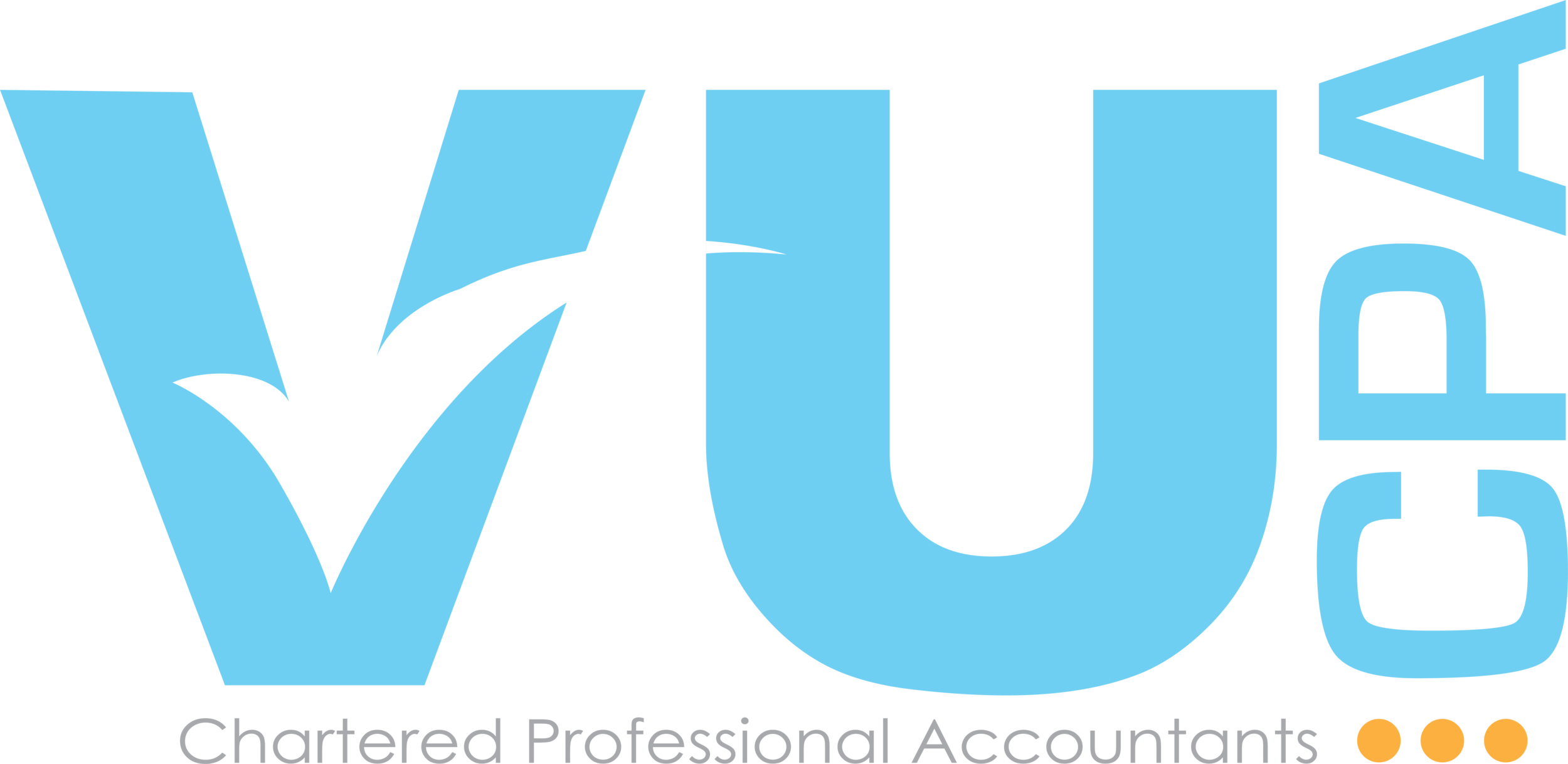Is Your Company Managing its Cash Flows?
Is your company managing its cash flows?
Running your own business is tough! It’s a constant struggle between getting the sale, performing the work and getting paid. There seems to never be enough time in the day to do all of the above, let alone manage your books. So you leave it until tomorrow. And the circle keeps repeating.
The longevity of a company is in its reputation with customers and suppliers. However, the foundation of every company is in the management of its cash flow. Having up-to-date records is essential to keeping your business healthy and running at optimal performance.
Revenues and receivables
Accounts receivable are amounts that are owed to the company from sales or from work that has already been performed. These transactions increase revenues, however, do not increase the company’s cash flow until they have been collected.
Typically, the longer you take to send out an invoice, the harder it is to collect. Therefore, it is extremely important send out invoices as soon as possible.
Have you performed work that you have not had the time to bill for? How long has it been since the work was performed?
Accounts payable (A/P) and operating lines of credit
If you are not collecting cash from sales in a timely manner, it makes it difficult to pay suppliers. Cash in the bank may go into overdraft and your line of credit will increase, resulting in interest expense which will further decrease cash flow.
Is your line of credit increasing? Do you have large credit card debt?
Government remittances
Most companies are required to remit GST and/or PST. The amounts to input on the return usually come from the accounting records. If these remittances are late, there are interest and penalties that need to be paid on top of the balance payable. These are not deductible for tax purposes.
Are your records up to date? Are all your invoices and bills entered and all bank accounts reconciled? Does your company have a healthy cash position?
Need help? Contact us.


